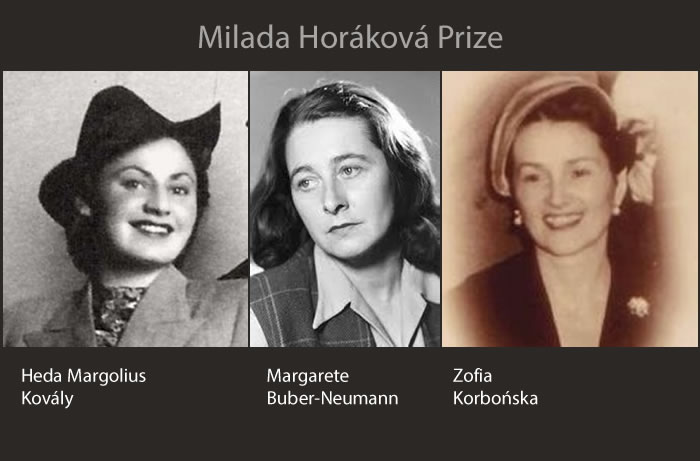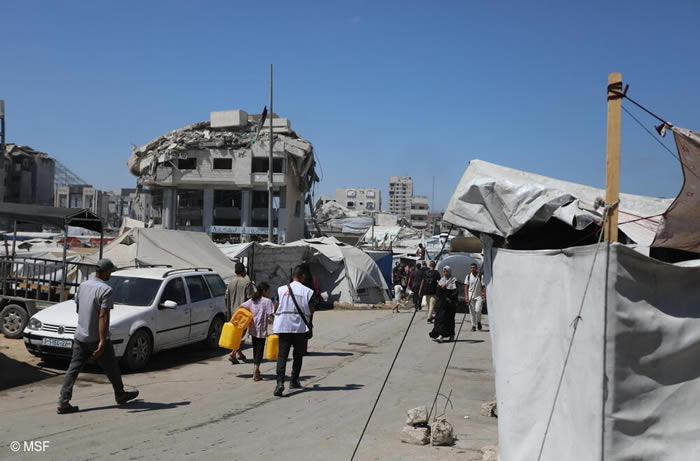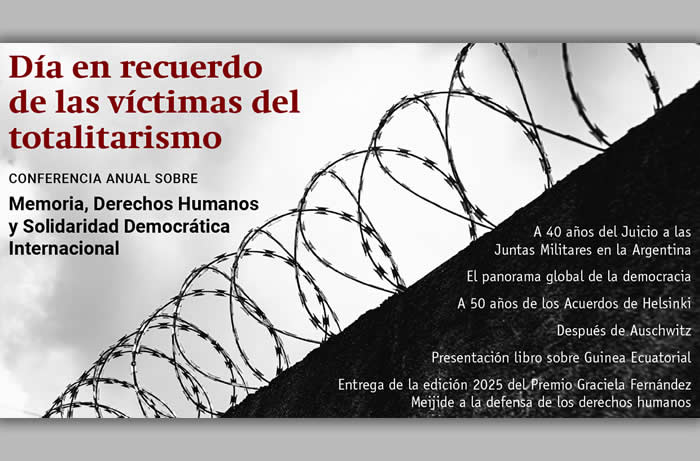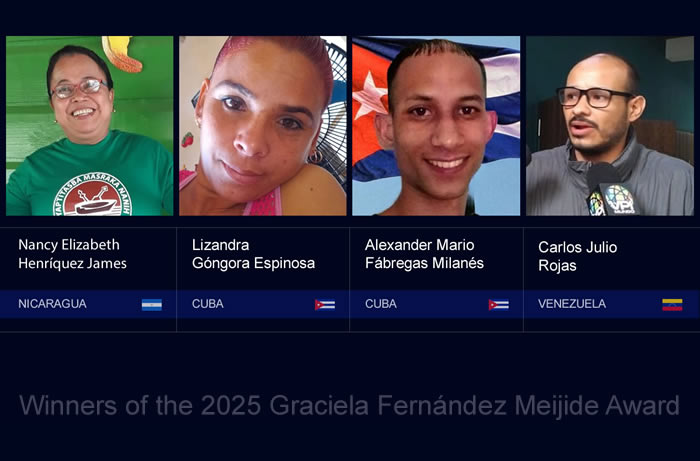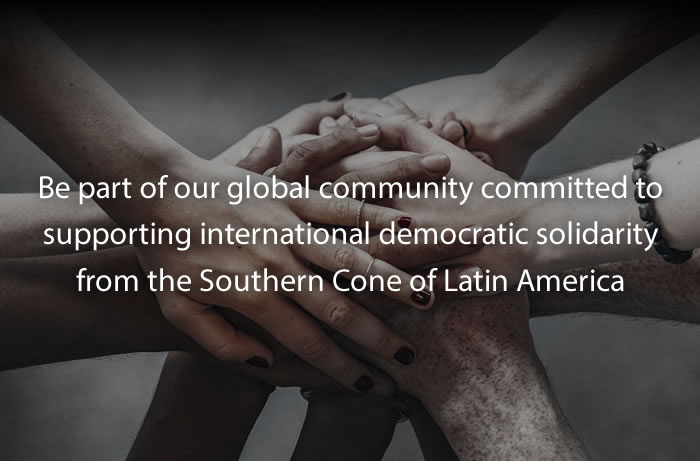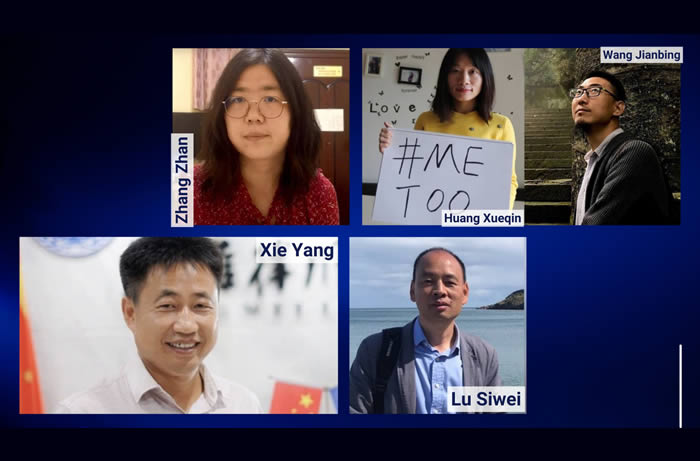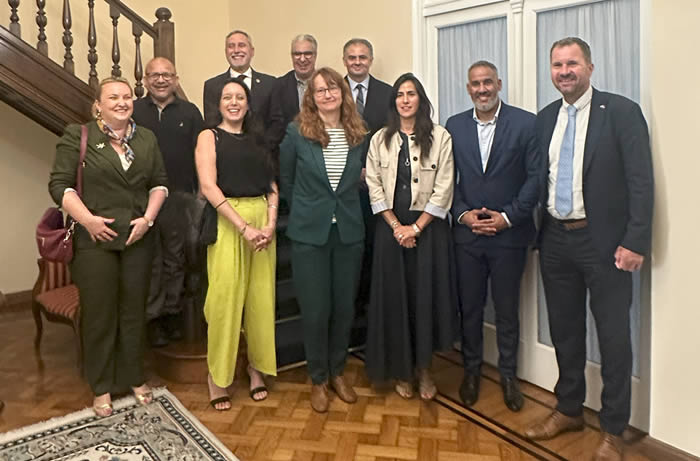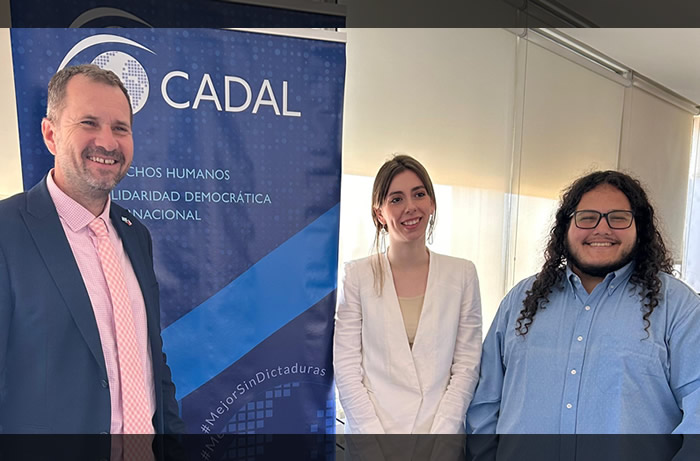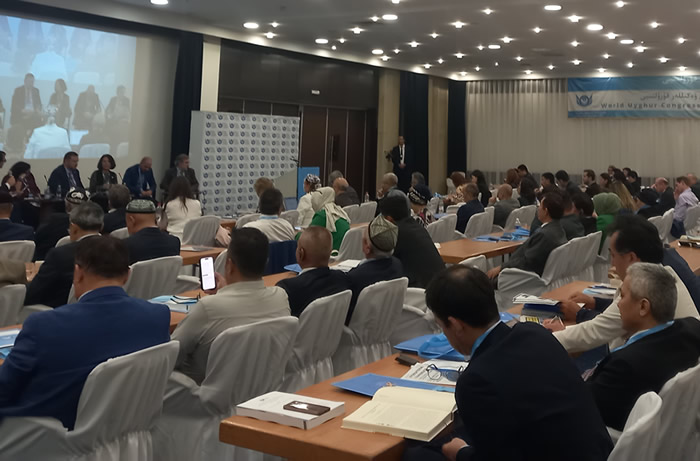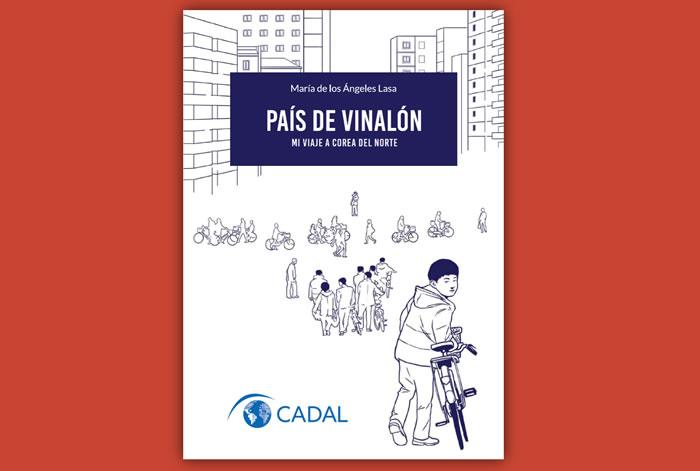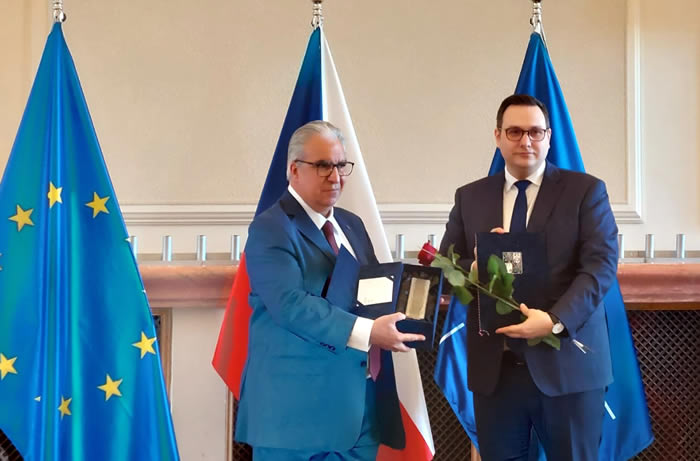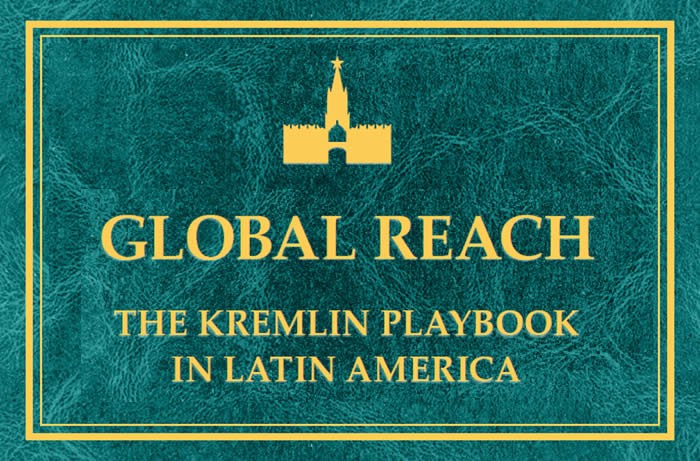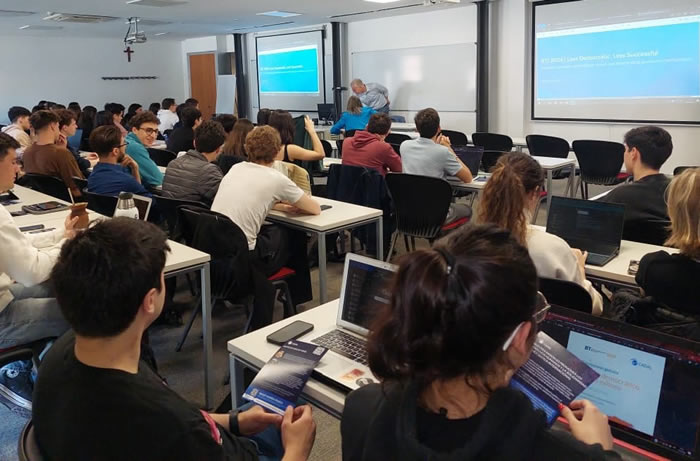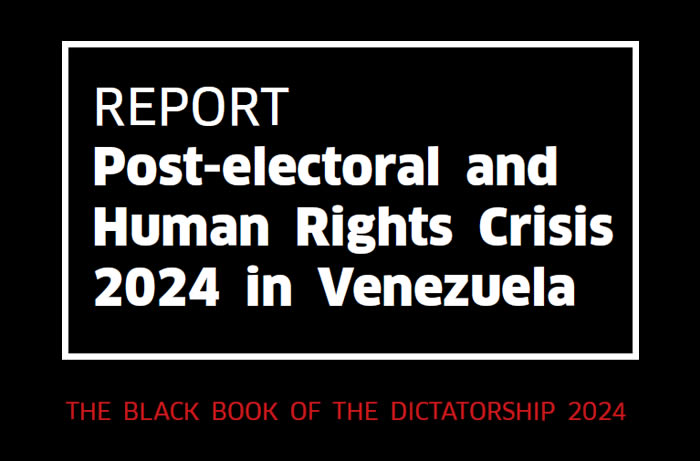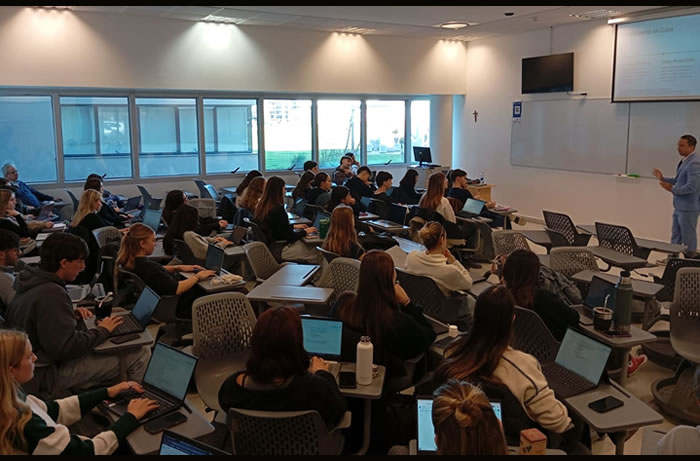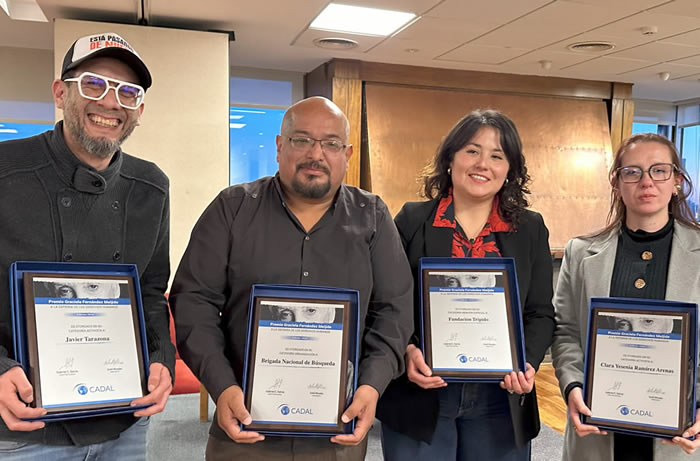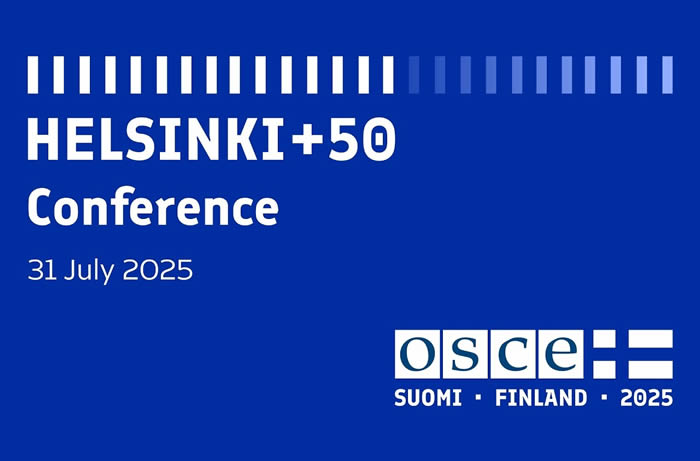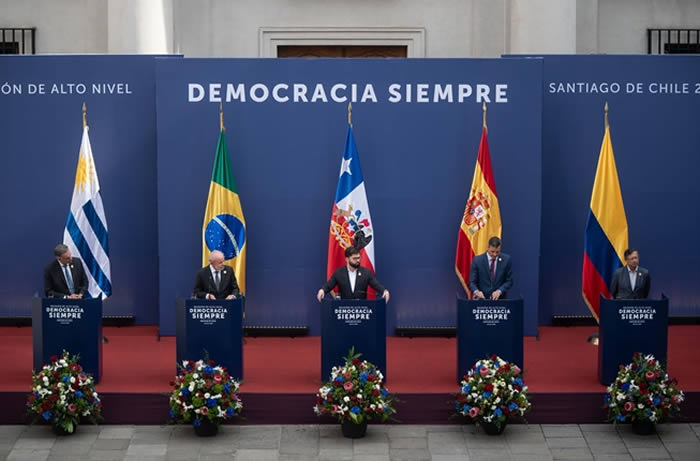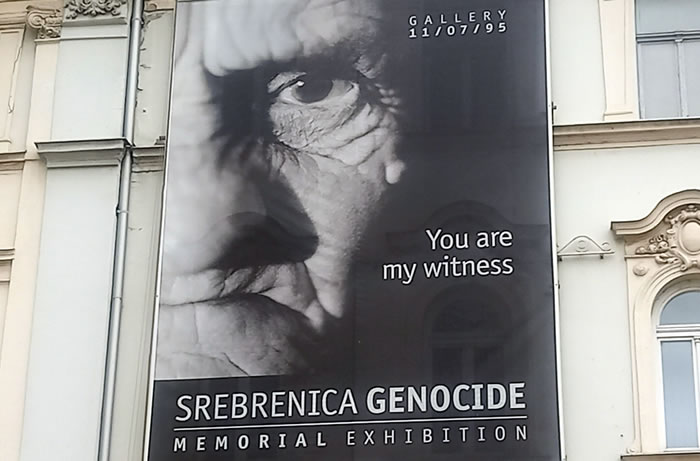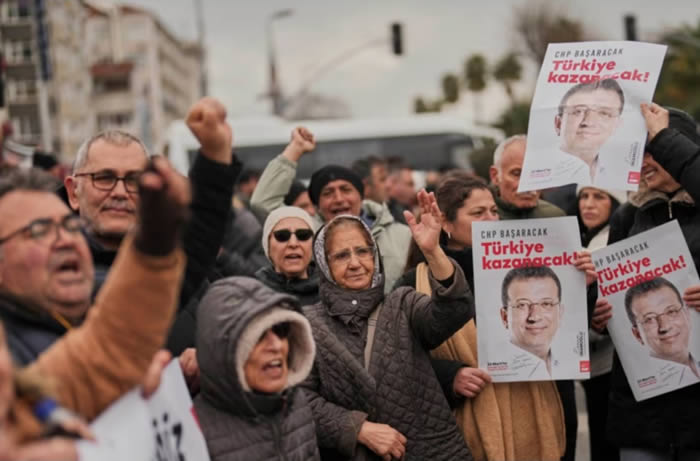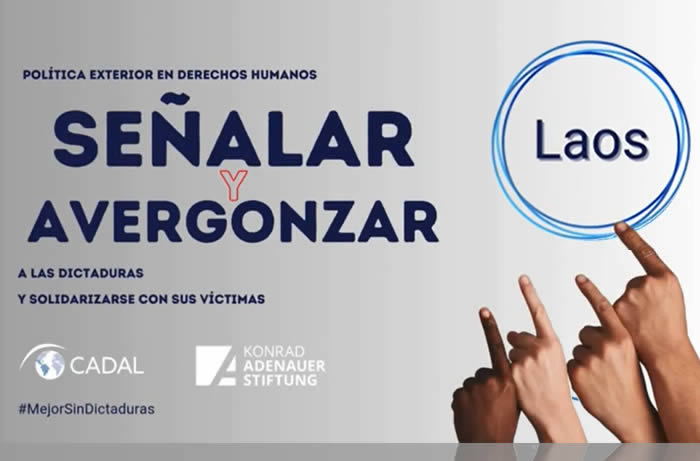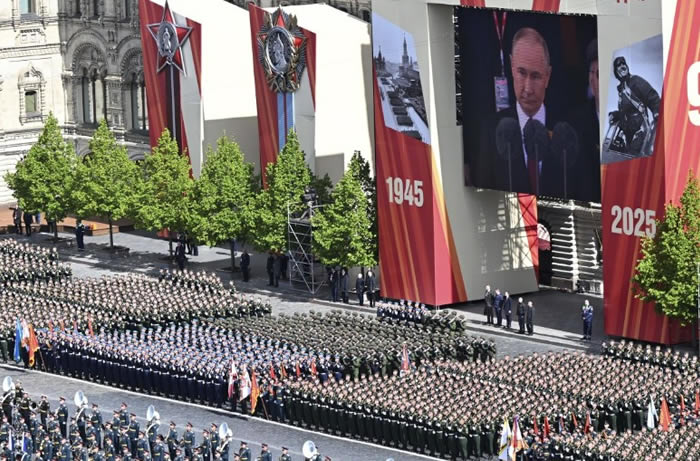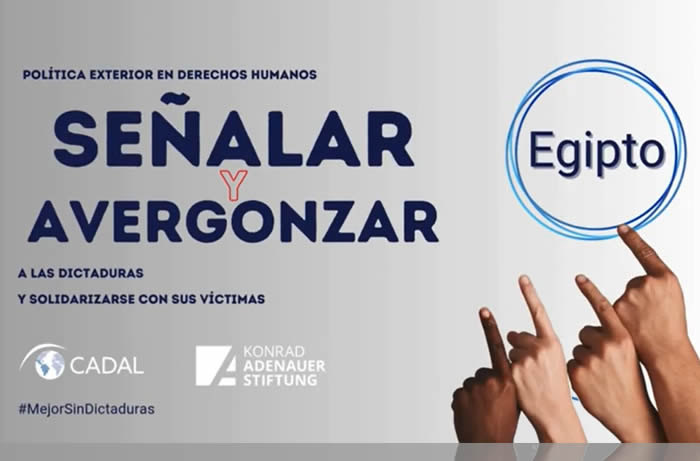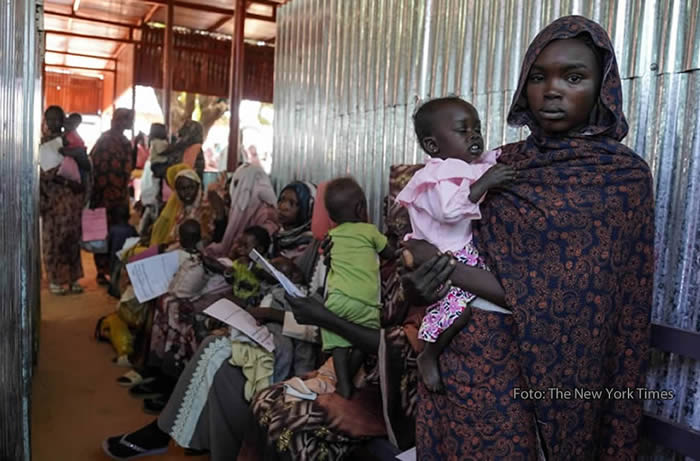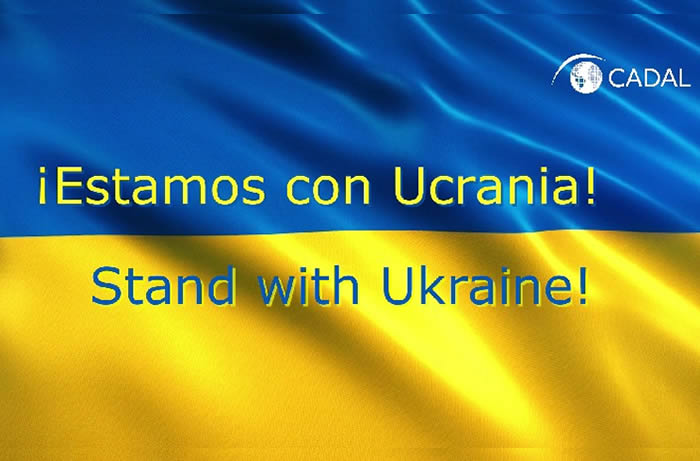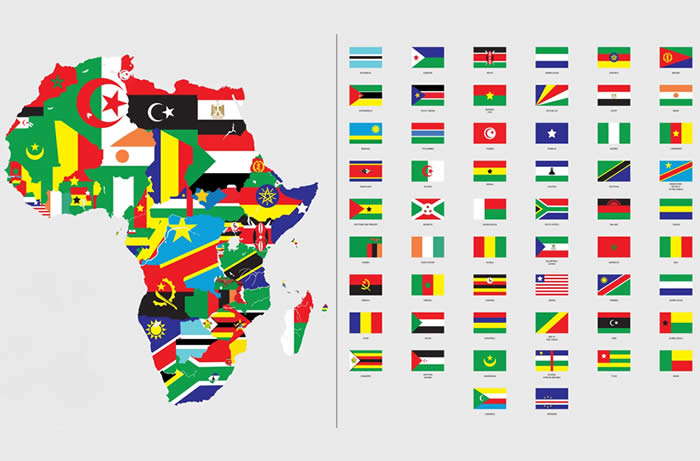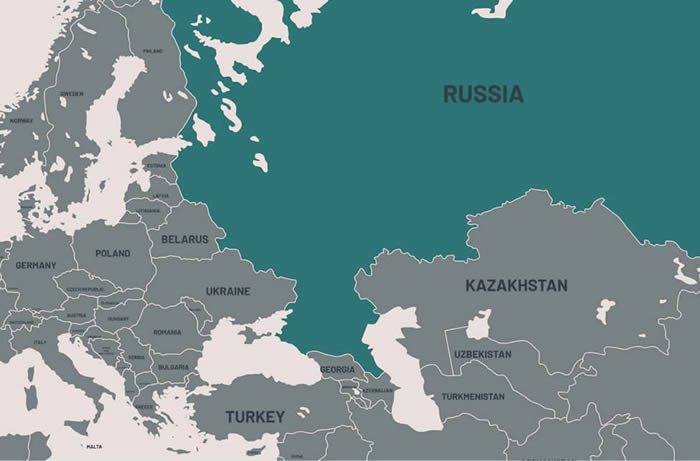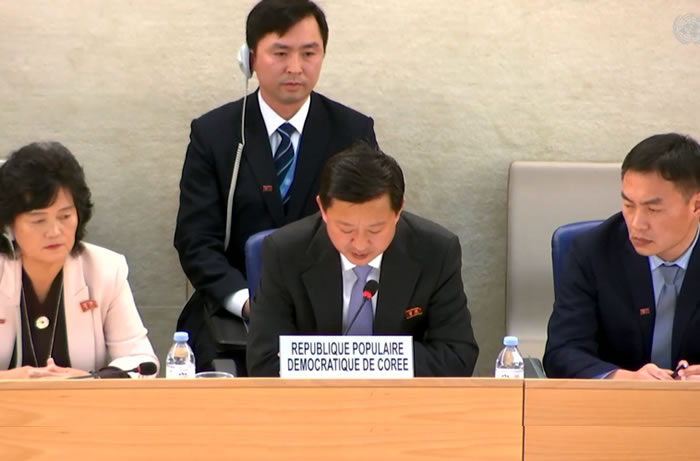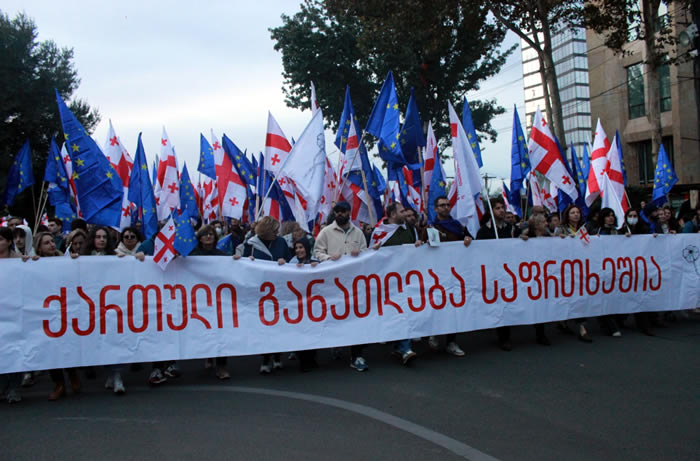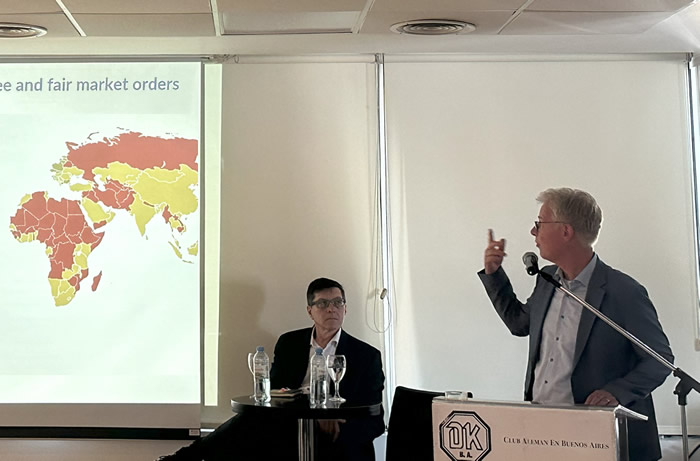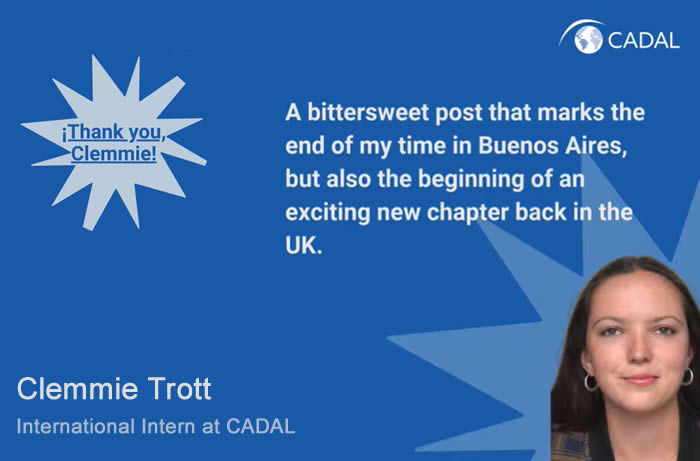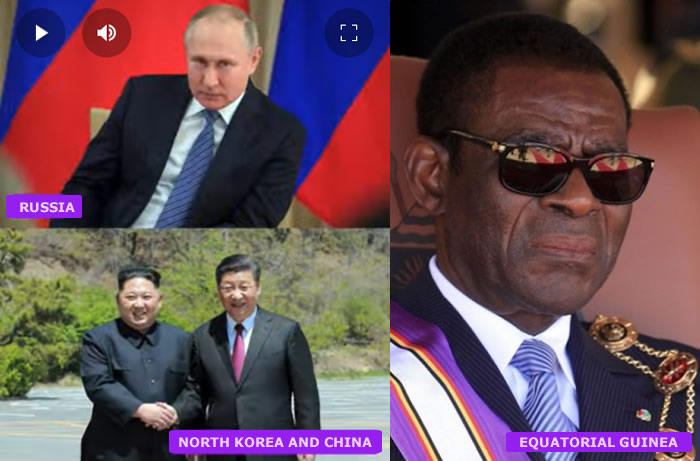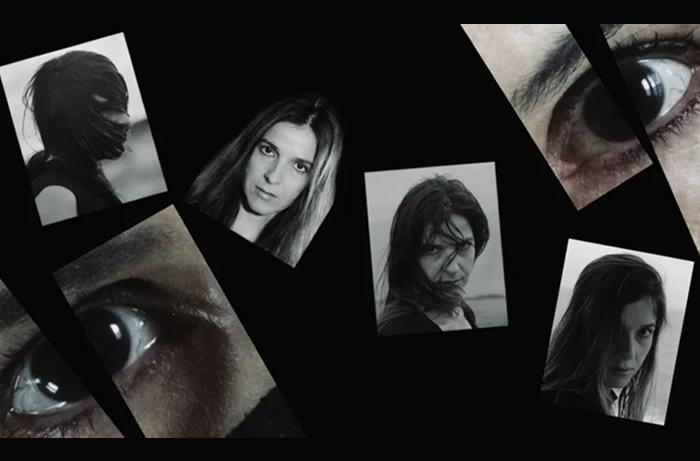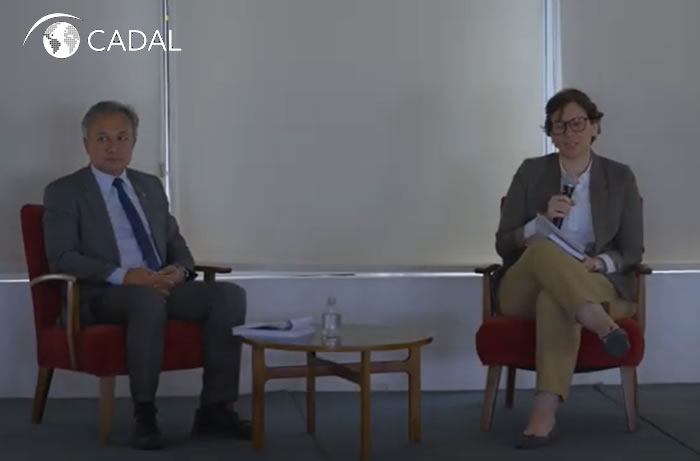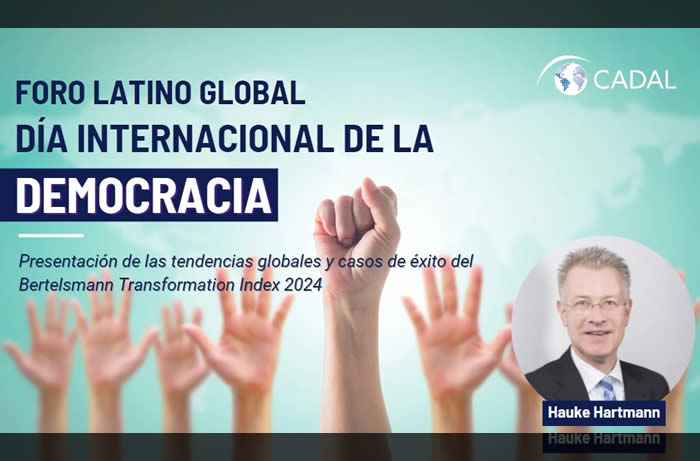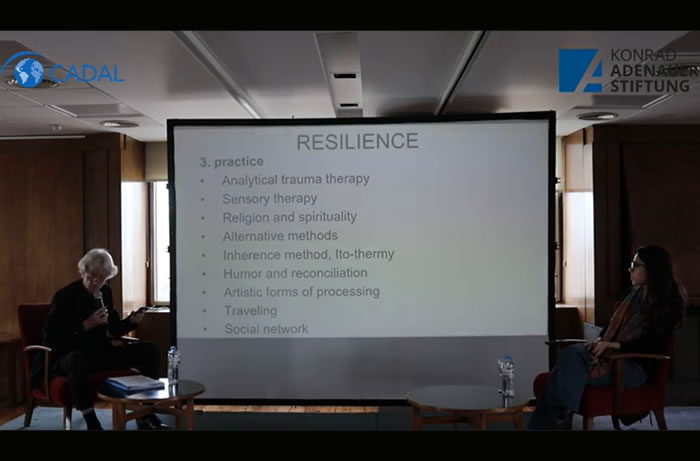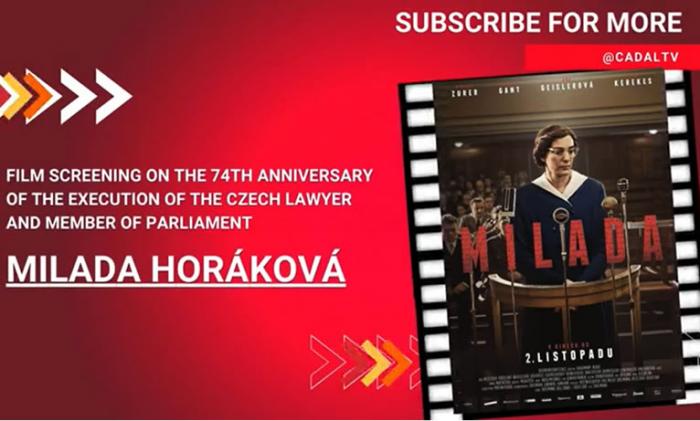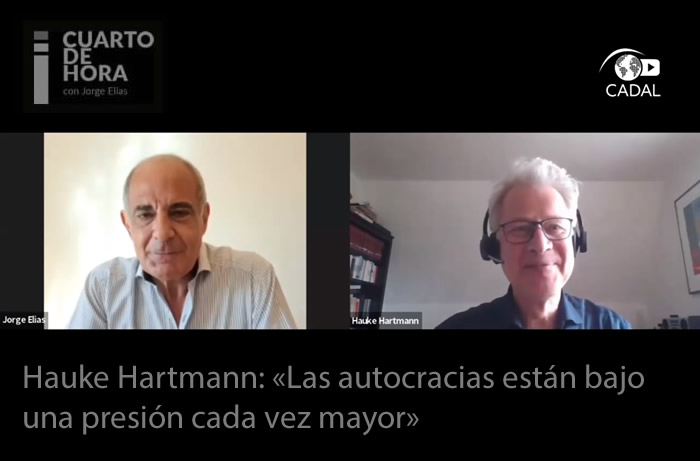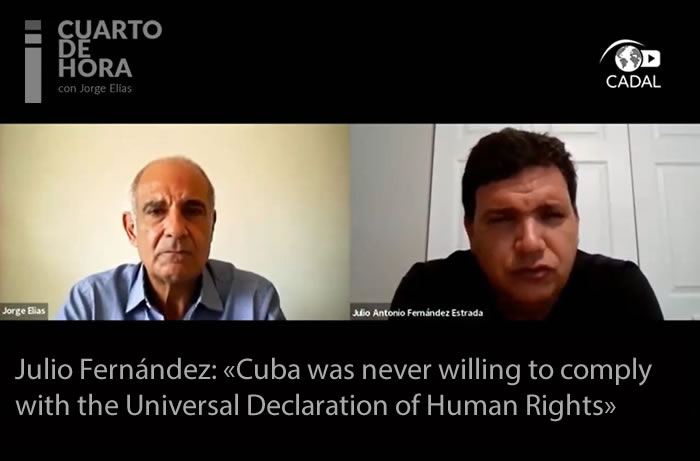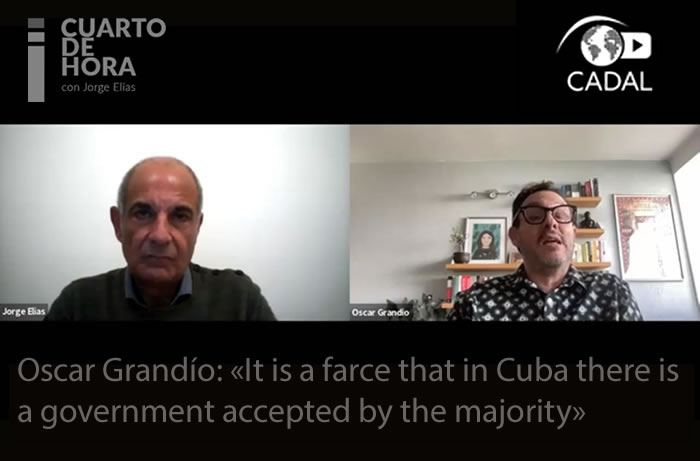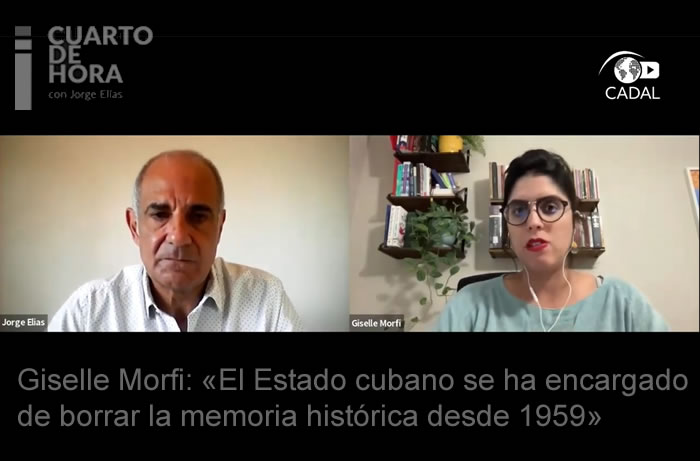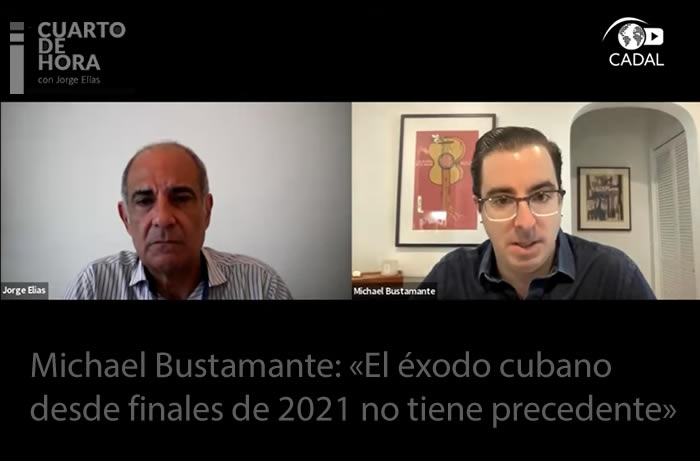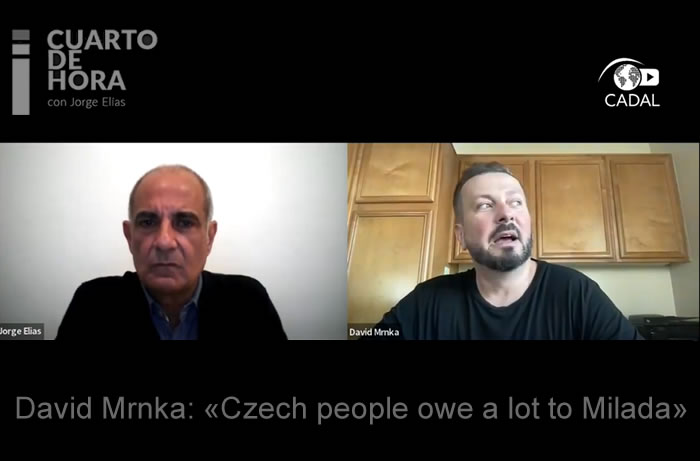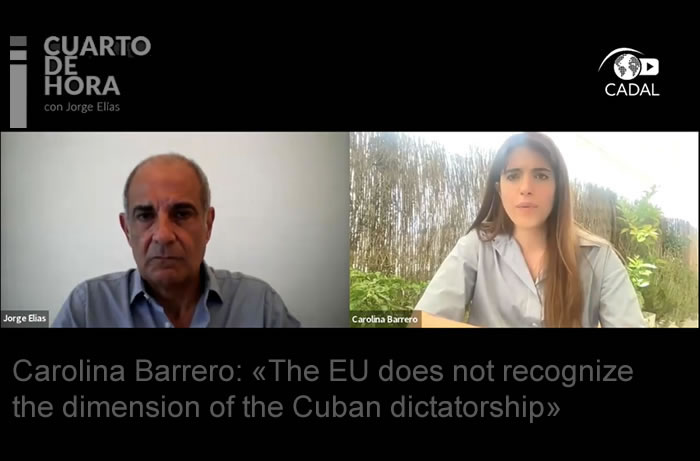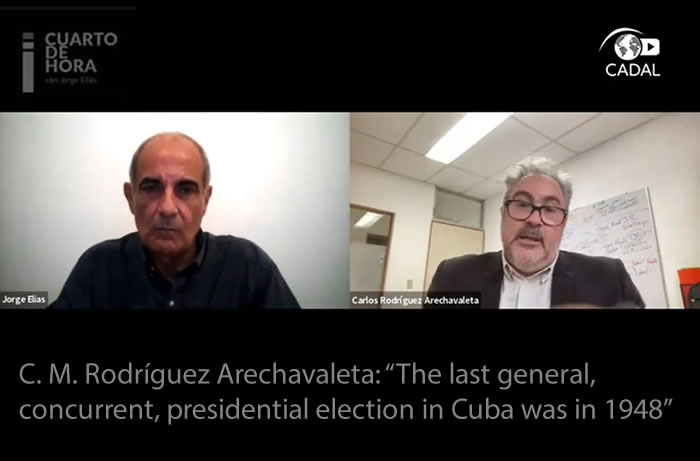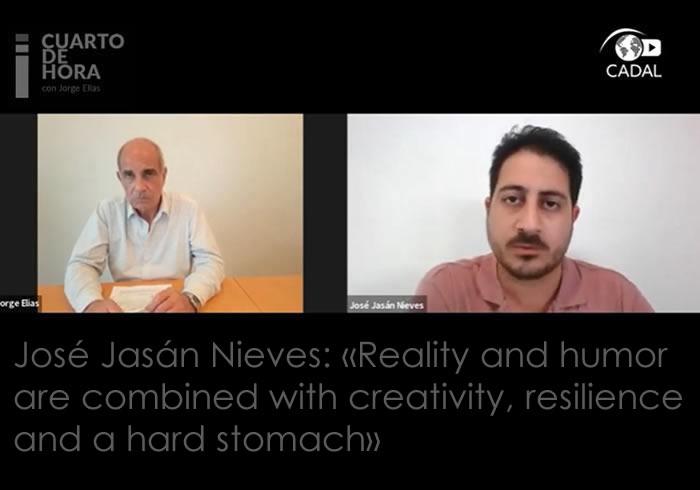Statements
International Relations and Human Rights Observatory
CADAL condemns the assassination of Aleksei Navalni
The death in prison of a former political candidate dedicated to denouncing the corruption of Vladimir Putin’s government is a clear example of the increasing level of persecution against all dissent in Russia, particularly since the full-scale invasion of Ukraine in February 2022.
The representative of the opposition in Russia had been detained in a maximum security prison since January 2021. Throughout the last 3 years, the lawyer, blogger and creator of the NGO Anti-Corruption Foundation had suffered abuses that were qualified as a form of torture by the United Nations Human Rights Office (UNHCHR). The same body had repeatedly requested the Russian government to put an end to the punitive conditions in which Navalni was being held and to conduct an investigation into the "credible allegations of torture" to which he had been subjected. There were also calls for him to receive treatment and medical care commensurate with his state of health, but these demands were ignored by the Kremlin authorities. Among other mistreatment, various organizations recorded that he was subjected to sleep deprivation and solitary confinement in harsh conditions for a period of seven months.
Mariana Katzarova, United Nations special rapporteur for human rights in the Russian Federation, reported late last year that "persistent ill-treatment in detention and lack of access to adequate medical care will cause further damage to his health and lead to great risks to his live."
Navalni had returned to Russia on January 17, 2021 after spending five months in Germany. He had been transferred to a Berlin hospital after being poisoned five months earlier, according to the German government, with Novichok, a chemical nerve agent developed in the Soviet Union. The Kremlin denied any connection with the attack and even the Russian president said in December that, if he had wanted to kill him, the opposition politician would be dead.
Upon landing in Moscow, the native of the Moscow region was arrested on charges that he had violated the terms of probation imposed in a 2013 conviction for embezzlement: he failed to appear in court regularly while undergoing treatment in Germany. Despite the European Court of Human Rights (ECHR) ruling that the trial had been unfair, politically motivated, and ordering the sentence to be overturned, the Russian court upheld the 5-year suspended prison sentence in 2017.
In 2022, he was convicted of contempt of court and embezzlement and sentenced to nine years in prison. And, the following year, he was sentenced to an additional 19 years on charges including "inciting and financing extremist activities and the creation of an extremist organization" and "rehabilitating Nazi ideology." Amnesty International then called the trial a "farce" and defined Navalni as a prisoner of conscience. "It is a sinister act of political revenge that not only targets Navalni personally but serves as a warning to critics of the state across the country," the organization published.
As of last December, he was being held in a maximum security prison north of the Arctic Circle, nearly 2,000 kilometers from Moscow and in one of the country's harshest penal colonies.
The death in prison of a former political candidate dedicated to denouncing the corruption of Vladimir Putin's government is a clear example of the increasing level of persecution against all dissent in Russia, particularly since the large-scale invasion of Ukraine in February 2022. Intolerance, violence, repression and authoritarianism have become characteristic elements of a regime that is preparing for the next presidential elections in March, elections that will most likely lack democratic legitimacy.
From CADAL, we condemn this serious situation and we stand in solidarity with the prisoners of conscience, political exiles, persecuted and with all those who suffer the consequences of Moscow's autocracy.
The representative of the opposition in Russia had been detained in a maximum security prison since January 2021. Throughout the last 3 years, the lawyer, blogger and creator of the NGO Anti-Corruption Foundation had suffered abuses that were qualified as a form of torture by the United Nations Human Rights Office (UNHCHR). The same body had repeatedly requested the Russian government to put an end to the punitive conditions in which Navalni was being held and to conduct an investigation into the "credible allegations of torture" to which he had been subjected. There were also calls for him to receive treatment and medical care commensurate with his state of health, but these demands were ignored by the Kremlin authorities. Among other mistreatment, various organizations recorded that he was subjected to sleep deprivation and solitary confinement in harsh conditions for a period of seven months.
Mariana Katzarova, United Nations special rapporteur for human rights in the Russian Federation, reported late last year that "persistent ill-treatment in detention and lack of access to adequate medical care will cause further damage to his health and lead to great risks to his live."
Navalni had returned to Russia on January 17, 2021 after spending five months in Germany. He had been transferred to a Berlin hospital after being poisoned five months earlier, according to the German government, with Novichok, a chemical nerve agent developed in the Soviet Union. The Kremlin denied any connection with the attack and even the Russian president said in December that, if he had wanted to kill him, the opposition politician would be dead.
Upon landing in Moscow, the native of the Moscow region was arrested on charges that he had violated the terms of probation imposed in a 2013 conviction for embezzlement: he failed to appear in court regularly while undergoing treatment in Germany. Despite the European Court of Human Rights (ECHR) ruling that the trial had been unfair, politically motivated, and ordering the sentence to be overturned, the Russian court upheld the 5-year suspended prison sentence in 2017.
In 2022, he was convicted of contempt of court and embezzlement and sentenced to nine years in prison. And, the following year, he was sentenced to an additional 19 years on charges including "inciting and financing extremist activities and the creation of an extremist organization" and "rehabilitating Nazi ideology." Amnesty International then called the trial a "farce" and defined Navalni as a prisoner of conscience. "It is a sinister act of political revenge that not only targets Navalni personally but serves as a warning to critics of the state across the country," the organization published.
As of last December, he was being held in a maximum security prison north of the Arctic Circle, nearly 2,000 kilometers from Moscow and in one of the country's harshest penal colonies.
The death in prison of a former political candidate dedicated to denouncing the corruption of Vladimir Putin's government is a clear example of the increasing level of persecution against all dissent in Russia, particularly since the large-scale invasion of Ukraine in February 2022. Intolerance, violence, repression and authoritarianism have become characteristic elements of a regime that is preparing for the next presidential elections in March, elections that will most likely lack democratic legitimacy.
From CADAL, we condemn this serious situation and we stand in solidarity with the prisoners of conscience, political exiles, persecuted and with all those who suffer the consequences of Moscow's autocracy.
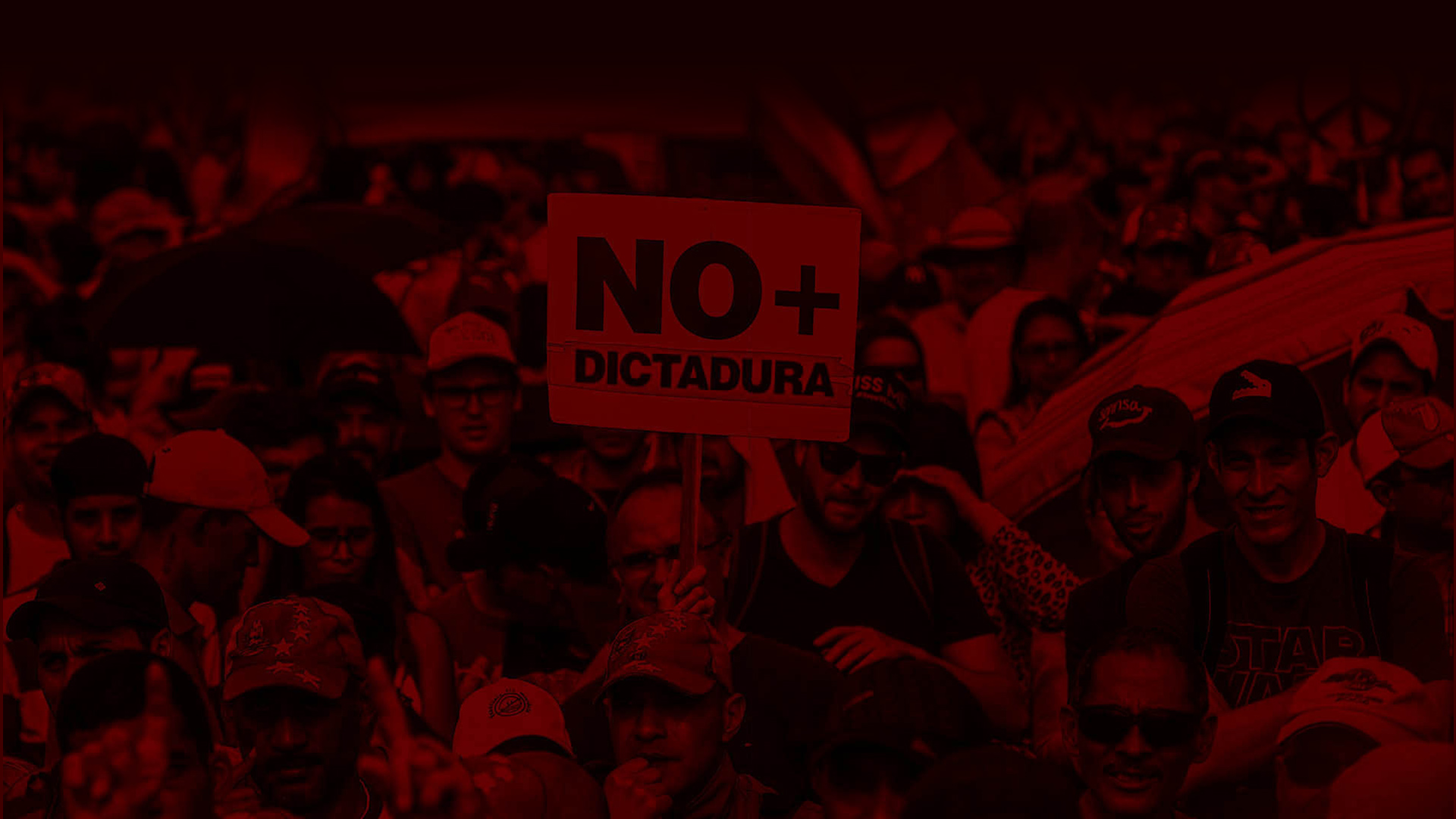


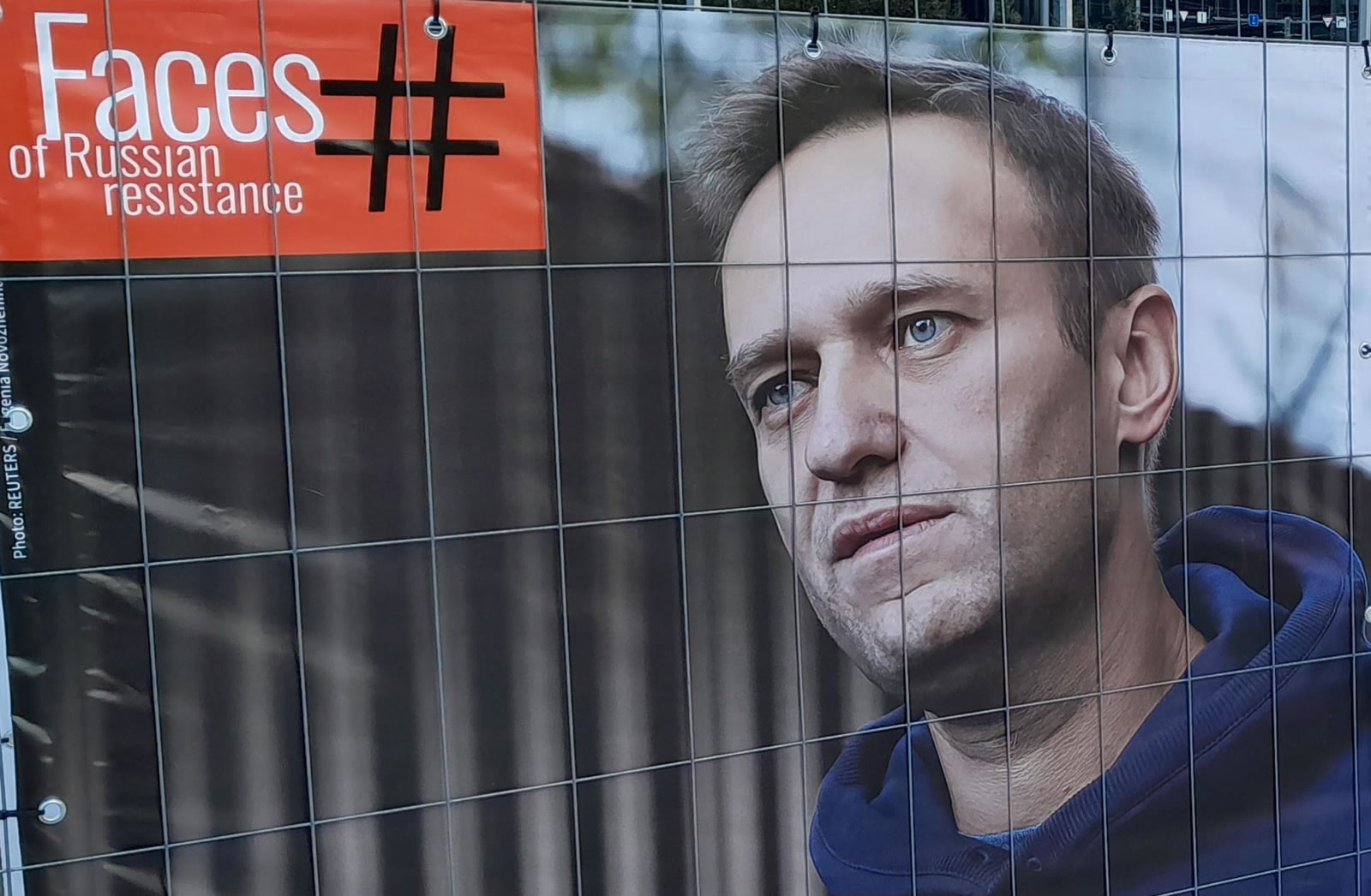
 Leer esta nota en Español
Leer esta nota en Español